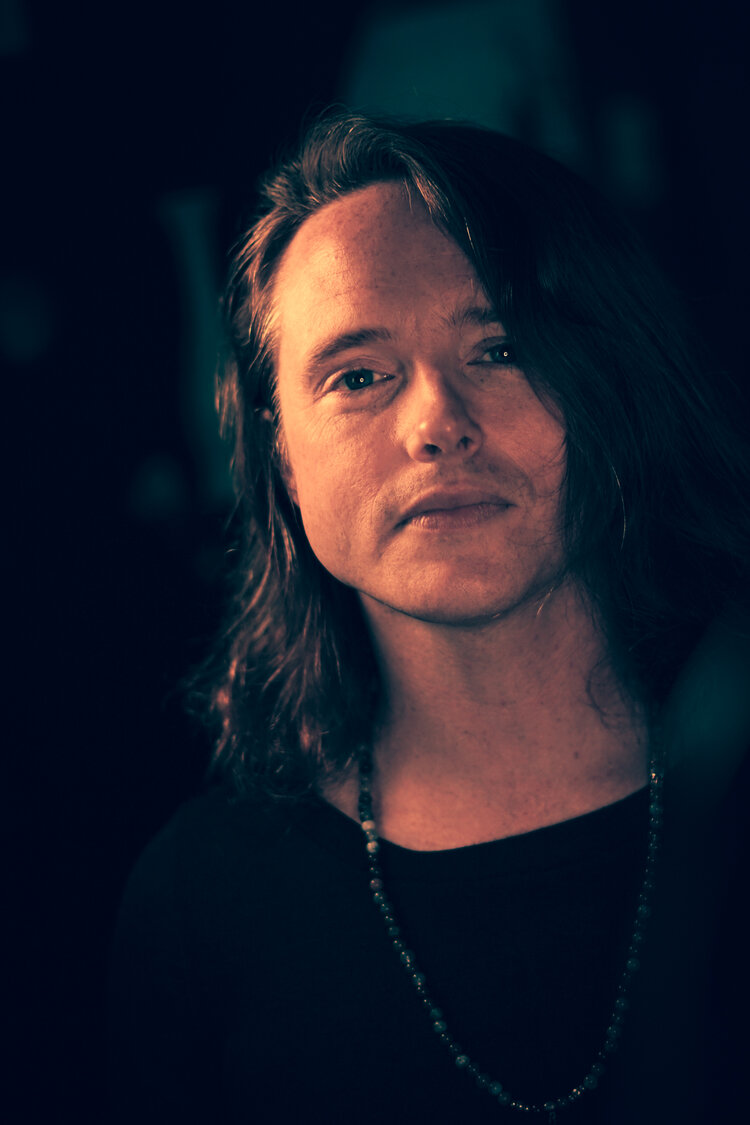A Different Kind of ‘Coming Out’
- Lance

- Oct 22, 2020
- 7 min read
Updated: Oct 27, 2020
A little over a year ago, I attended a conference called Evolving Faith with my mom and dad, and I’ve written about an aspect of that experience before in regards to my personal faith.






